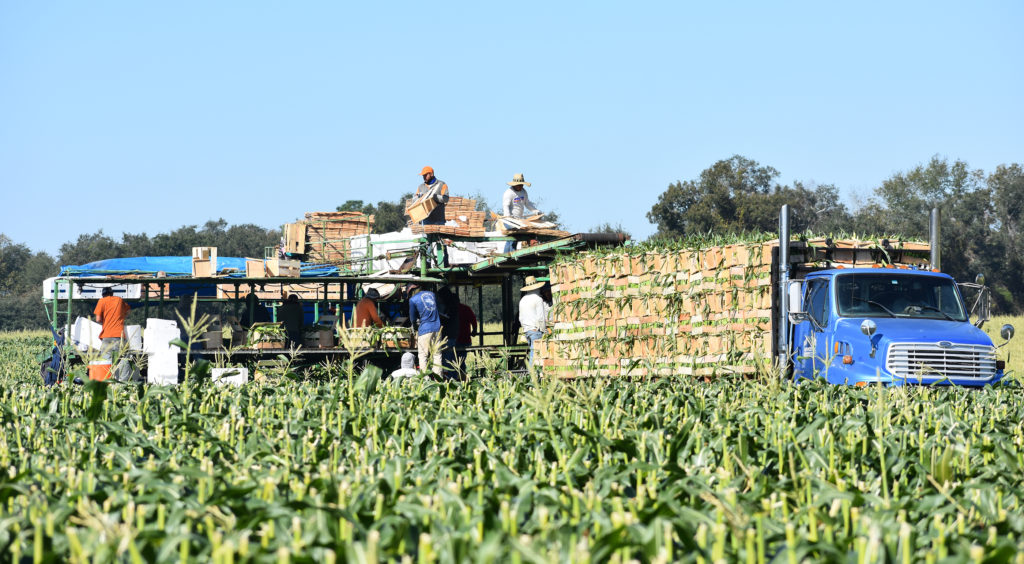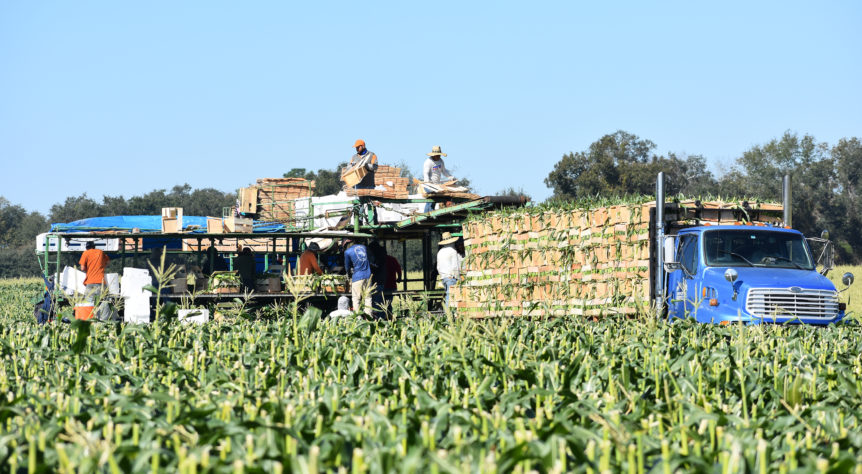
By Clint Thompson
Georgia fruit and vegetable growers should be aware that their industries have been deemed higher heat-related risks and fall under the National Emphasis Program, led by the Occupational Safety and Health Administration (OSHA). They are subject to more inspections and broader enforcement as a result.
Chris Butts, executive vice president of the Georgia Fruit and Vegetable Growers Association (GFVGA), emphasizes the importance of producers having a heat plan in place. It will better protect workers on the farm while allowing the grower to stay compliant.

“We may have a lot of these practices in effect on our farm, but let’s take the time to document those. Put it in writing. Have a plan and be able to share that plan with those regulators when they come,” Butts said. “What I suspect is it will demonstrate that our guys are already doing those things. We’ve just got to make sure we’re able to document them and communicate that, both to our workers and to any regulators.”
GFVGA Webinar
The GFVGA hosted a webinar on Tuesday that outlined OSHA’s current recommendations regarding heat safety. Practices like having someone on the farm that can monitor weather conditions and implement a heat plan throughout the day, along with having an emphasis on proper training to know how to identify and control heat hazards, were highlighted. While they are not yet requirements, growers should treat them as such, Butts believes.
“As a grower, it would behoove you to really consider those recommendations as de facto requirements. At the very least, use those as a yard stick to determine if you are being proactive,” Butts said. “In the eyes of that inspector, there may not be that much difference in a requirement and a recommendation. If we treat those recommendations like requirements, then we may be able to get ahead of the game.”










